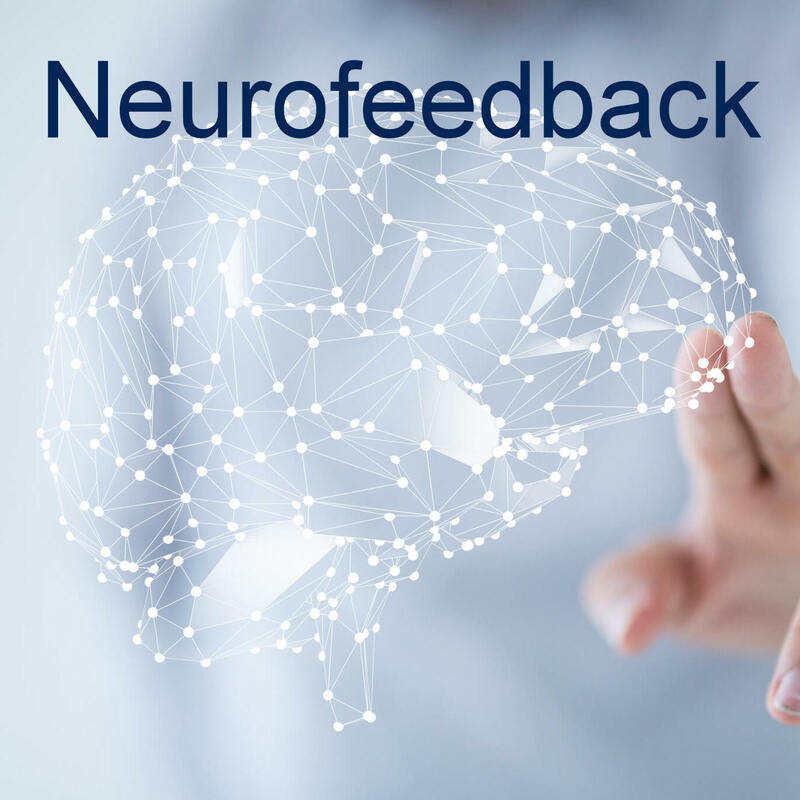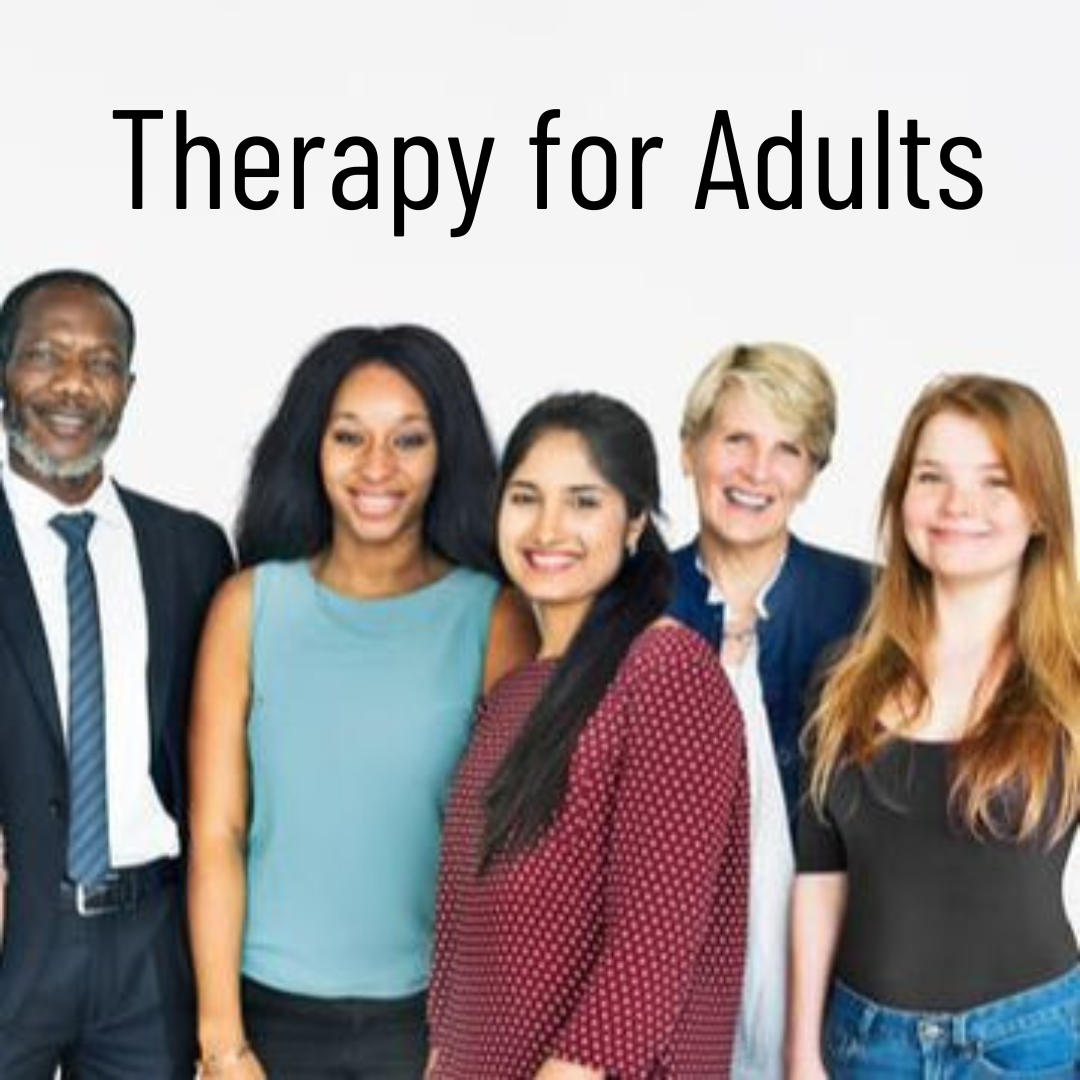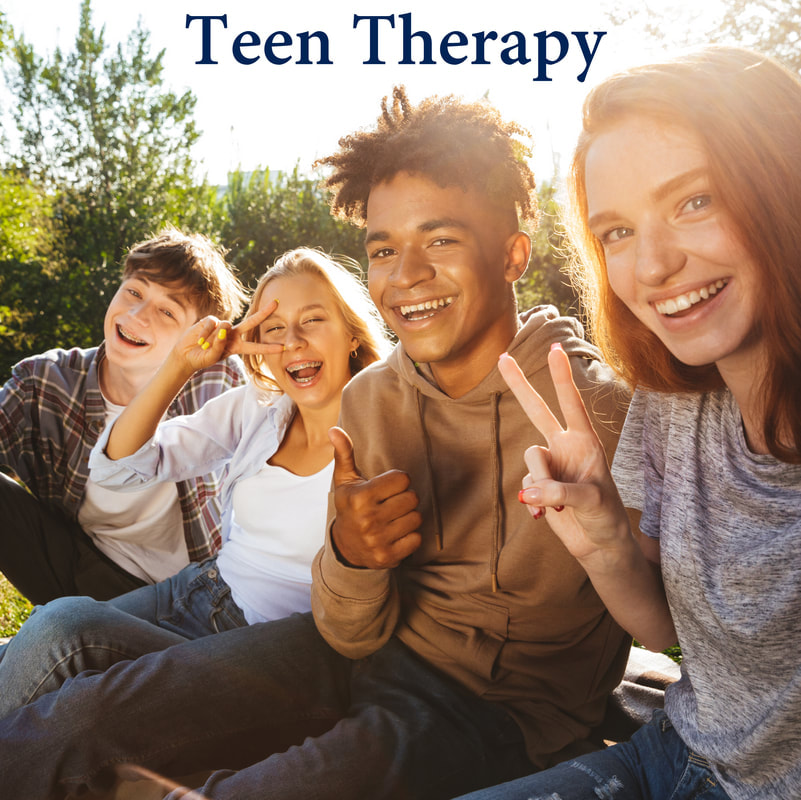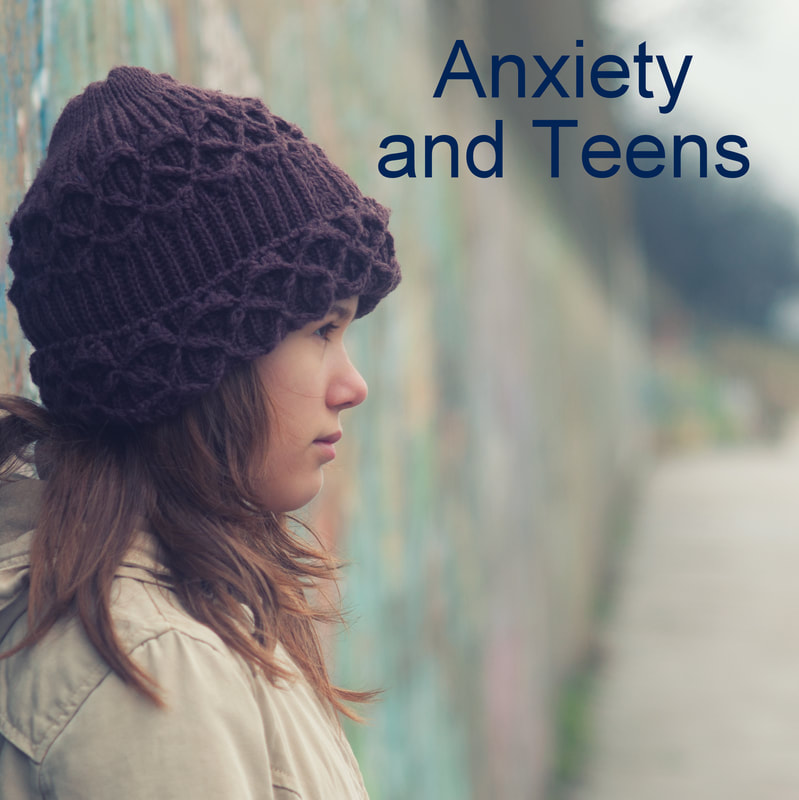What is ADHD?
|
Attention-Deficit / Hyperactivity Disorder, more commonly known as ADHD, is a neurological disorder commonly diagnosed in children but found throughout the life span. Children with hyperactive ADHD symptoms are difficult to ignore — they are the ones bouncing out of their chairs, climbing dangerously, clowning around, or distracting their classmates, and are the first to be evaluated for and diagnosed with ADHD.
Meanwhile, the students with primarily inattentive ADHD are quietly staring out the window while their work lays unfinished before them. Inattentive symptoms such as daydreaming, difficulty organizing, and trouble finishing tasks are far less likely to be recognized as ADHD. As a result, children with inattentive ADHD often fail to get the treatment they need. This may lead to academic frustration, low motivation, and undue feelings of shame or failure. The symptoms of ADHD are rooted in issues with executive functioning and motor drive. Issues with executive functioning are most easily identified with poor attention and organizational skills. Issues with motor drive are most often seen as a high level of motor activity, fidgeting, or squirming. Children with ADHD often struggle with the structure and expectations of the classroom. At first, this may be unnoticeable, but it becomes more significant over time as schoolwork and demands get harder. By middle school or high school, children with untreated ADHD may become so frustrated that they give up, resulting in acting out, poor performance, or difficulties with peers that can last a lifetime. Does My Child Have ADHD?
Many, many parents ask us this question. Although ADHD is relatively common, many of the symptoms are also developmentally typical for children. For instance, how many young children do you know that sit quietly, wait patiently, or have strong organizational skills? Children who qualify for a diagnosis of ADHD struggle with symptoms of inattentiveness and/or hyperactivity that are more significant than what we would expect to see developmentally, and that occur in at least two settings. For example, a child without ADHD may act out or fidget at school, but is able to focus normally at home, at the store, and in other settings. In this case, the underlying issue may be a learning difference or another issue that impacts academic functioning, rather than ADHD. Clinical psychologists are trained and licensed to accurately assess ADHD and rule out the presence of other mental health issues. Our ADHD assessment services are entirely confidential. Your child will complete an assessment battery that is designed based on their specific needs and the questions you have. Assessments may require scheduling 2-3 blocks of time along with a final feedback session where we provide you with the results and our recommendations. A copy of the report will also be given to you and can be sent to your child’s school if requested. Our team of mental health professionals is determined to help you and your child find answers. If your child struggles with maintaining attention, staying on-task, or managing their behavior, let us help. Contact Us to schedule your first appointment. |
What are the Treatment Options for my Child? Once a diagnosis is confirmed, treatment for ADHD may include Education, Cognitive Behavioral Therapy, Mindfulness, Neurofeedback, Medication, or a combination of these approaches. At Wavelengths we respect the uniqueness of each child, and we partner closely with parents to determine the best treatment approaches. Education helps children and families understand symptoms and can be helpful to reduce frustration. Children may learn techniques to help them to organize, remember, focus, and be timely. Cognitive Behavioral Therapy and Mindfulness help children learn to regulate their emotions and change behaviors. Through therapy, they learn to become aware of their physical and emotional responses, and to make better choices. Neurofeedback is a form of biofeedback that helps children to regulate their brainwaves so that they are more easily able to achieve a state of calm focus. It has been named a Level I "Best Practice" intervention by the American Academy of Pediatrics for ADHD. To learn more about Neurofeedback, click here. Young children with ADHD are often not prescribed medication unless the symptoms are severely impacting their functioning. Psychologists do not prescribe medication, however our therapists can help guide you to appropriate referrals if you choose to explore medication for your child. Stimulants are commonly used as an effective intervention for ADHD, and a neurologist or psychiatrist can help to educate you and your family about them or about other medications that may be suitable. |
Ready to get started? Call, email us, or make an appointment online.
Use Our Intelligent, Real-Time Scheduling System To Search Our Availability and Request An Appointment.


















